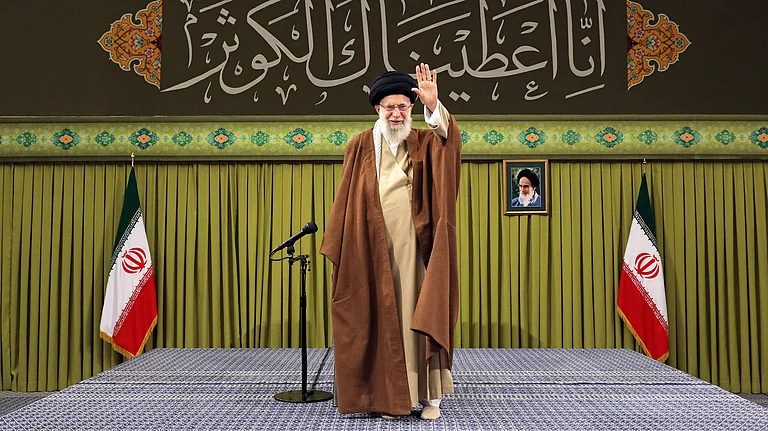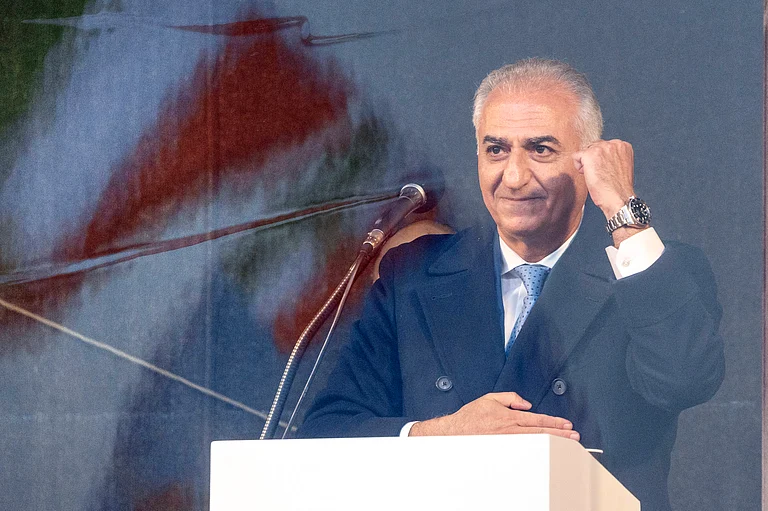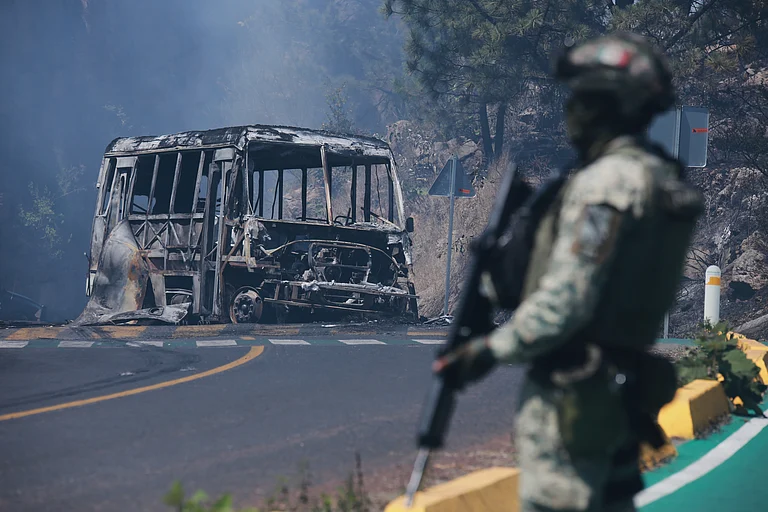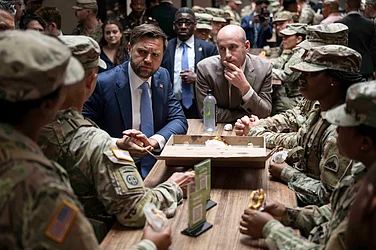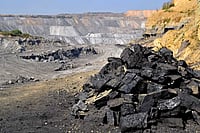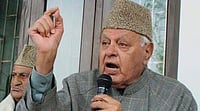
Summary of this article
Trump will highlight his second-term foreign policy achievements and critique globalist institutions.
He is set to meet with U.N. chief Guterres and leaders from Ukraine, Argentina, the EU, and Middle Eastern states.
His remarks come as critics warn of U.S. unilateralism, military overreach, and a strained world order.
The White House confirmed that the US President Donald Trump will return to the United Nations on Tuesday and deliver a wide-ranging address on his second-term foreign policy achievements and lament that “globalist institutions have significantly decayed the world order.”
White House press secretary Karoline Leavitt said Trump would tout “the renewal of American strength around the world” and his efforts to help end several wars.
“The president will also touch upon how globalist institutions have significantly decayed the world order, and he will articulate his straightforward and constructive vision for the world,” Leavitt said.
Following his speech, Trump will hold one-on-one meetings with U.N. Secretary-General António Guterres and the leaders of Ukraine, Argentina and the European Union. He will also hold a group meeting with officials from Qatar, Saudi Arabia, Indonesia, Turkey, Pakistan, Egypt, the United Arab Emirates and Jordan.
He’ll return to Washington after hosting a reception Tuesday night with more than 100 invited world leaders.
According to AP, world leaders will be listening closely to his remarks at the U.N. General Assembly, as Trump has already moved quickly to diminish U.S. support for the world body in his first eight months in office. Even in his first term, he was no fan of the flavour of multilateralism that the United Nations espouses.
He withdrew the United States from the World Health Organisation on the first day of his most recent inauguration. He then ordered a review of the United States' membership in hundreds of intergovernmental organisations to see if they aligned with his "America First" program, and he ended the United States' participation in the U.N. Human Rights Council.
“There are great hopes for it, but it’s not being well run, to be honest,” Trump said of the U.N. last week.
After directing U.S. attacks on Iranian nuclear facilities in June and three strikes this month on suspected drug-smuggling vessels in the Caribbean Sea, Trump has also sparked fresh concerns about the use of military action in the United States since taking office again.
Some U.S. lawmakers and human rights advocates say that Trump is effectively carrying out extrajudicial killings by using U.S. forces to lethally target alleged drug smugglers instead of interdicting the suspected vessels, seizing any drugs and prosecuting the suspects in U.S. courts.
“This is by far the most stressed the U.N. system has ever been in its 80 years,” said Anjali K. Dayal, a professor of international politics at Fordham University in New York, AP reported.
According to AP, one of the most anticipated parts of the annual assembly is usually the speech given by the president of the United States. Trump's speech draws particular attention as it comes at one of the most turbulent times in the 80-year history of the world body. Uncertainty over the economic and social effects of developing artificial intelligence technologies, Trump's hostility towards the international organisation, and the unwinnable wars in Gaza, Ukraine, and Sudan are all putting world leaders to the test.



